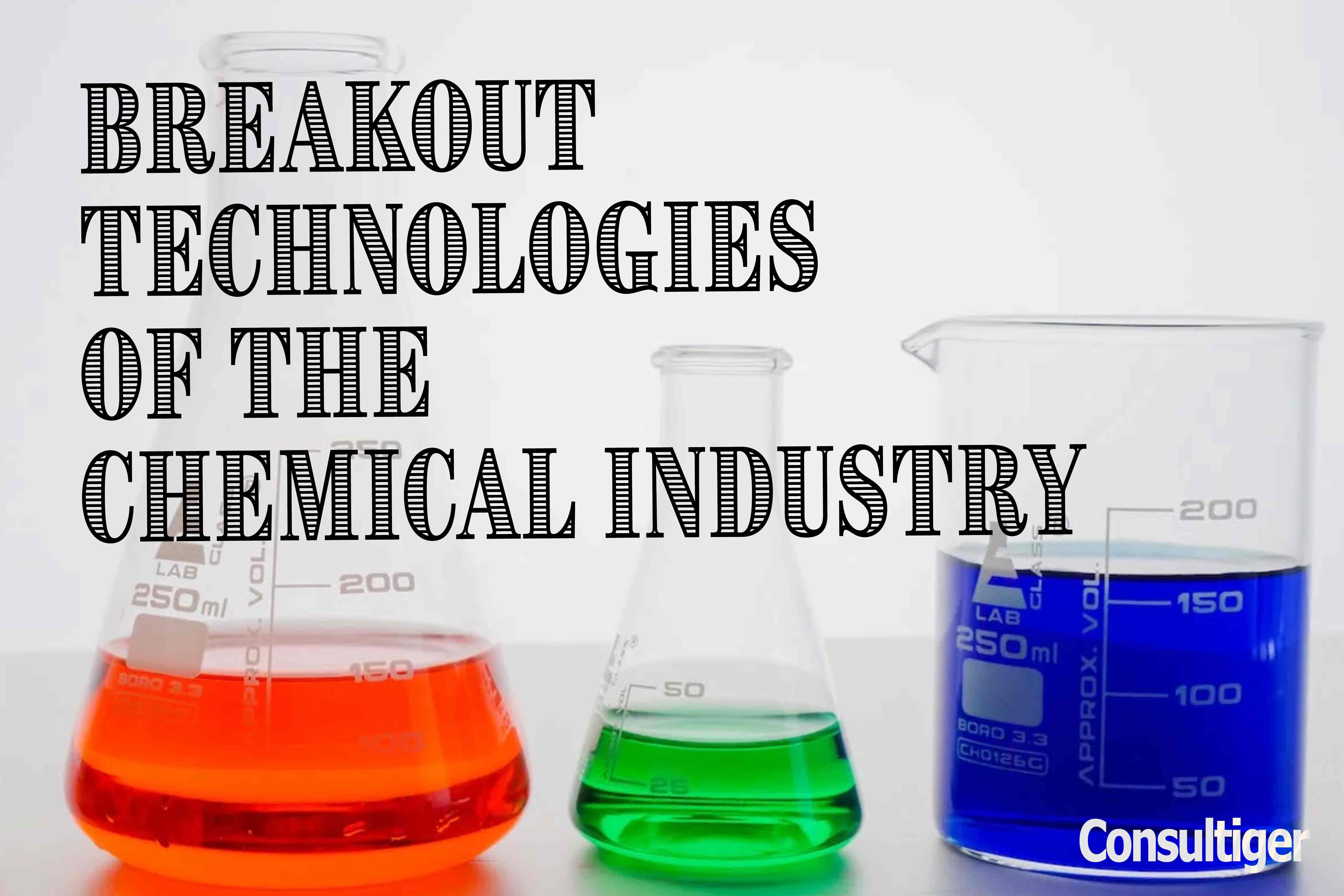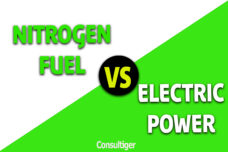Several emerging technologies are showing promise in the chemical industry in this constantly evolving field. Let’s look at some new technologies:
- Advanced Materials: Innovative materials with enhanced properties are being developed, such as graphene, carbon nanotubes, and metamaterials. These materials have the potential to revolutionize various industries, including electronics, energy storage, and coatings.
- 3D Printing/Additive Manufacturing: This technology has gained significant attention across multiple industries, including chemicals. 3D printing enables the creation of complex structures, customized products, and reduces material waste. It has applications in chemical manufacturing, drug delivery systems, and personalized medicine.
- Green Chemistry: With increasing focus on sustainability, green chemistry aims to develop environmentally friendly processes and products. This includes the use of renewable feedstocks, reducing hazardous materials, and improving energy efficiency in chemical reactions.
- Biotechnology: The integration of biology and chemistry has led to advances in biotechnology. Microorganisms can be genetically engineered to produce chemicals, fuels, and pharmaceuticals. Biocatalysis, biosensors, and bio-based materials are areas of significant development.
- Process Intensification: This concept focuses on making chemical processes more efficient, compact, and environmentally friendly. By optimizing reaction conditions, improving heat transfer, and reducing energy consumption, process intensification can enhance productivity and reduce costs.
- Artificial Intelligence (AI) and Machine Learning (ML): These technologies are increasingly utilized in the chemical industry for data analysis, process optimization, and predictive modeling. AI and ML help identify patterns, optimize formulations, and enhance product development and quality control.
- Energy Storage: As renewable energy sources expand, efficient and cost-effective energy storage solutions are essential. Advancements in battery technologies, such as lithium-ion batteries, flow batteries, and solid-state batteries, are crucial for renewable integration and electric vehicle adoption.
- Digitalisation: The digital transformation is impacting the chemical industry, enabling improved supply chain management, predictive maintenance, and real-time process monitoring. Internet of Things (IoT) devices, data analytics, and cloud computing play significant roles in enhancing operational efficiency and decision-making.
- Nanotechnology: Nanomaterials and nanoparticles exhibit unique properties due to their small size. They find applications in drug delivery systems, catalysts, sensors, and coatings. Nanotechnology allows for precise control over material properties and offers opportunities for innovative solutions.
- Sustainable Packaging: With increasing environmental concerns, there is a growing emphasis on sustainable packaging materials. Biodegradable polymers, compostable packaging, and recyclable materials are being developed to reduce the environmental impact of packaging.
We will update this list as soon as we hear of any newer breakout technology that’s shaking up the chemical industy.












